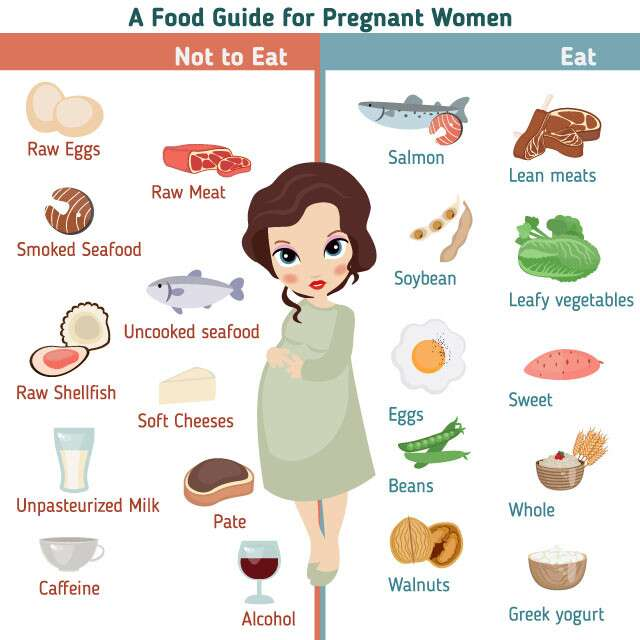Antenatal Care (ANC) Treatment in Ahmedabad :
Systematic supervision which includes examination and advice of a woman during pregnancy is called antenatal or prenatal care.
It comprise of :
- Careful history taking
- General and obstetric examination
- Advice given to the pregnant women
Why is it important to take proper and adequate antenatal care?
- To ensure a normal pregnancy with delivery of a healthy baby from a healthy mother.
- To identify high risk cases
- To prevent or to detect and treat any possible complications
- To provide continuous risk assessment and primary preventive health care
- To educate the mother about the physiology of pregnancy and Labor by demonstrations, charts and diagrams to remove fear from the mind of the mother.
- To discuss with the couple about the place, time and mode of delivery.
Aims are:
When should your first visit to the Gynecologist be?
As soon as you miss your periods ! but it Should not be delayed beyond the second missed period.
Duration of pregnancy:
The duration of pregnancy is calculated from the first day of your last menstrual period. It is calculated as 9 month and 7 days or 40 weeks. This is called the gestational age.
- 1st trimester: First 12 weeks of pregnancy ( 1st,2nd,3rd month of pregnancy)
- 2nd trimester: 13 to 28 weeks of pregnancy ( 4th,5th,6th month of pregnancy)
- 3rd trimester: 29 to 40 weeks of pregnancy.(7th,8th,9th month of pregnancy)
The whole pregnancy is divided into three trimesters.
What will you feel during the first trimester of pregnancy?
- Morning sickness : nausea and vomiting in morning hours
- Weakness and fatigue
- Increased frequency of urination
- Breast discomfort
- Mild backache
- Constipation
Symptoms of first trimester of pregnancy :
What should you expect in your first antenatal visit to the doctor?
On your first visit, the doctor will take your complete history of present and past pregnancy, your menstrual history and any other medical or surgical illness suffered in the past.
Examination includes general examination:
vitals (Temperature ,Pulse, Blood pressure, oxygen saturation)
Weight , height and BMI (Body Mass Index)
Respiratory and Cardiovascular system examination
Obstetric examination includes:
Abdominal and vaginal examination
Trans vaginal or Trans abdominal ultrasound as and when needed for confirmation and estimation of gestation age and to affirm cardiac activity of fetus.
Investigations:
Blood: Complete Blood count, ABO Blood grouping, baseline TSH , Random Blood Sugar, S. Creatinine, testing for Hepatitisb antigen, HIV,VDRL are done regularly.
Urine:Routine and microscopic examination of urine to detect protein, sugar or pus cells need to be done.
Special investigations:
S. HbA1c, S. Vitamin B12, S. Prothrombin time, Hb electrophoresis
Antenatal Advice:
Diet: The pregnancy diet ideally should be light, nutritious, easily digestible and rich in protein , minerals and vitamins.
Pregnant women require 300kcal more than in the non pregnant state during the second half of pregnancy.
Women with normal BMI(20-26) should eat adequately so as to gain optimum weight of 11 to 15kg.
Overweight women with BMI 26-29 should limit weight gain for 7kg
Obese women with BMI>29 should limit the weight gain to 7kg.


Avoid smoking, alcohol and caffeine consumption during pregnancy.
Antenatal Hygiene:
- Good dental health and oral hygiene should be maintained.
- Avoid excessive and strenuous work specially in the first trimester and the last 4 weeks of pregnancy.
- To avoid constipation take plenty of fluids, vegetables and stool softener at night time.
- Coitus : Women with increased risk of miscarriage or preterm labor should avoid intercourse during pregnancy. otherwise it's not restricted.
- maintain hand sanitization
- Wear a N95 mask when you are going out.
Travel advice
Want to Travel during pregnancy?
Avoid long traveling in the first trimester and last 6 weeks of pregnancy.
It's safe during the second trimester of pregnancy.
Rail route is preferred over the bus route.
Air travel is safe upto 34 weeks
Air travel is contraindicated in cases with severe hypertension, Placenta low lying, sickle cell anemia or severe anemia.
Normally check up is done at the interval of 4 weeks upto 28 weeks; at intervals of 2 weeks up to 36 weeks and weekly till delivery.